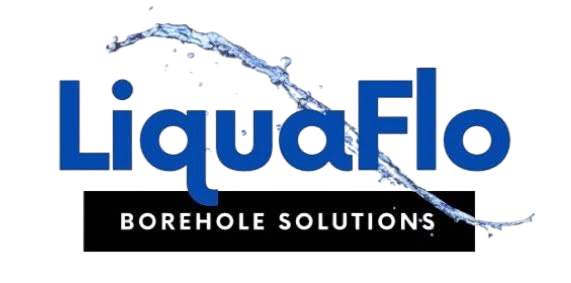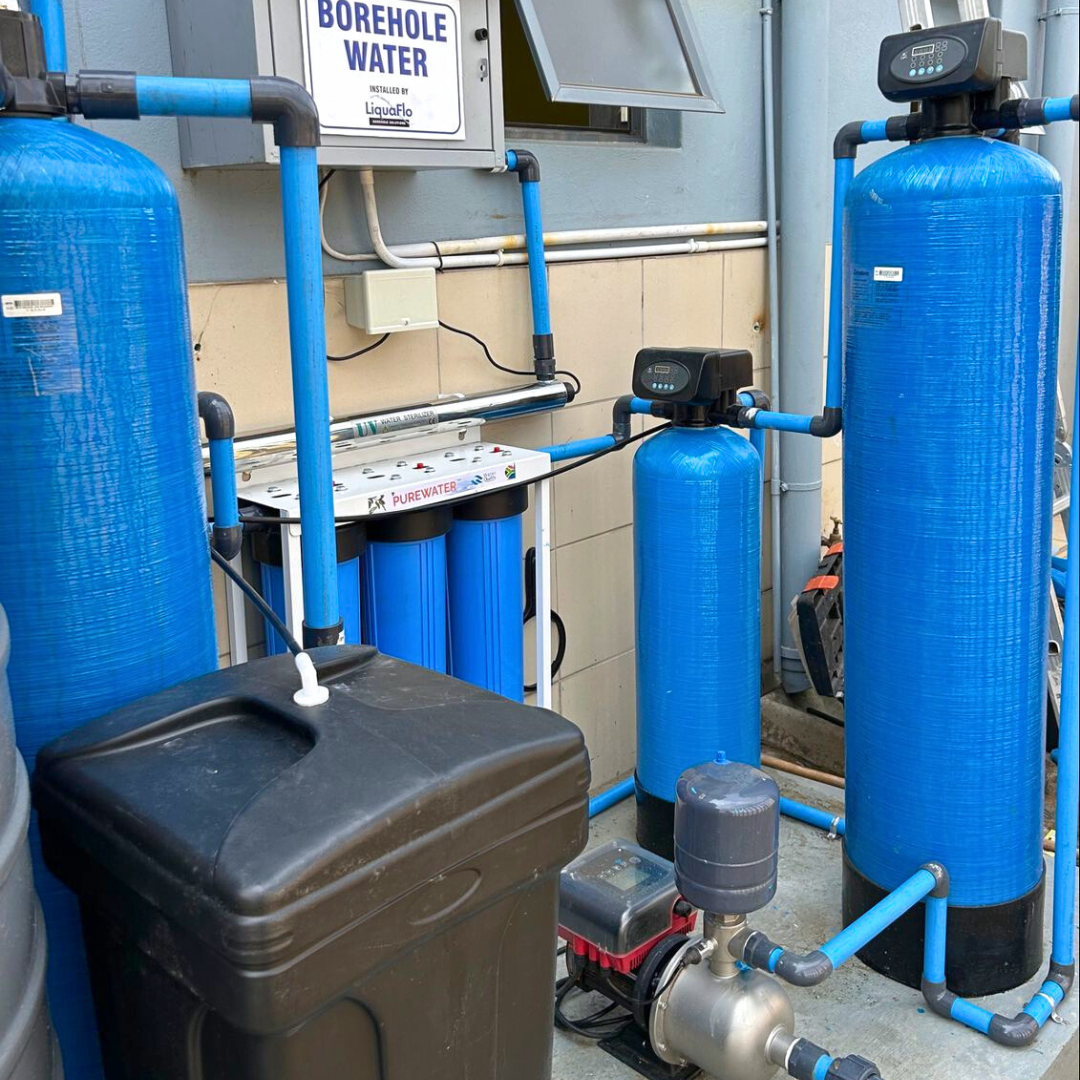If you’ve been dreaming of tapping into your own private water source, you’re not alone. Boreholes have become a popular choice for South African homeowners, farmers, and businesses looking for water independence and long-term savings. But while the upfront benefits are crystal clear, the hidden costs of borehole water can sometimes catch new borehole owners off guard.
In this guide, we’ll walk you through what those hidden expenses are, how to plan for them, and—most importantly—how LiquaFlo Borehole Solutions helps clients in Johannesburg and across Gauteng avoid the most common pitfalls.
What Does Borehole Water Really Cost?
 borehole drilling equipment in operation at residential property in Johannesburg by LiquaFlo Borehole Solutions">
borehole drilling equipment in operation at residential property in Johannesburg by LiquaFlo Borehole Solutions">
The typical borehole drilling and installation cost can run anywhere from R30,000 to R90,000+, depending on your location, depth, and setup. But beyond the initial quote, here are some extra costs you might not have expected:
1. Water Quality Testing & Filtration
Even though borehole water is a natural source, it’s not always automatically safe for drinking or irrigation. You’ll likely need:
- Water quality tests (R1,000–R2,500)
- Filtration or purification systems (anywhere from R3,000 to R30,000+ depending on contaminants)
At LiquaFlo, we tailor purification systems based on your borehole’s unique water profile, so you're not overspending on unnecessary tech.

2. Pump & Equipment Maintenance
Borehole pumps—especially submersible ones—can last years, but they’re not immune to wear and tear. Over time, you may need:
- Pump repairs or replacements
- Cabling or pressure controller replacements
- General servicing every 12–24 months
This is why LiquaFlo uses only SABS-approved products with long-term warranties, helping you minimize downtime and unexpected costs.
 tank and dual blue filtration units installed by LiquaFlo Borehole Solutions in Gauteng">
tank and dual blue filtration units installed by LiquaFlo Borehole Solutions in Gauteng">
3. Electricity or Solar Installation
Unless you're going fully off-grid with a solar borehole pump, the cost of running a borehole via mains electricity can climb depending on your water usage and pump size. Solar systems have a bigger upfront cost but can eliminate running costs entirely.
LiquaFlo offers both solar-powered and electric systems—and we’ll help you calculate your ROI over 5–10 years to pick the most cost-efficient route.

4. Legal and Environmental Considerations
In South Africa, you generally don’t pay for borehole water usage on your own property, but:
- You must register your borehole with your municipality in some areas.
- Large-volume users (especially on farms or commercial land) may require a water use license.
- Improper drilling without permits can result in fines or future complications when reselling your property.
Our team handles all regulatory requirements for you, ensuring your installation is compliant from day one.

5. Hidden Site Challenges
Sometimes, underground conditions like granite layers, sand pockets, or deep aquifers mean drilling takes longer, requires different equipment, or must go deeper than expected. That can bump up your drilling costs significantly if you're unprepared.
LiquaFlo mitigates this risk with upfront geo-surveying services—so you know what lies beneath before committing to drilling.

How LiquaFlo Minimizes Your Borehole’s Long-Term Costs
At LiquaFlo, we believe transparency is key. Here’s how we help you save money over the long run:
- Tailor-made systems based on your water usage, property layout, and future needs.
- Upfront borehole assessments and surveys to avoid cost overruns.
- Sustainable, off-grid solar options to lower or eliminate running costs.
- Professional maintenance that extends your system’s lifespan.
- Warrantied, high-quality parts that reduce the need for frequent replacements.
The Bottom Line
Borehole water is a smart investment—but like any investment, it needs planning. By understanding the hidden costs upfront and working with a provider like LiquaFlo, you’ll not only save money in the long run but also enjoy the freedom of water independence without headaches.



